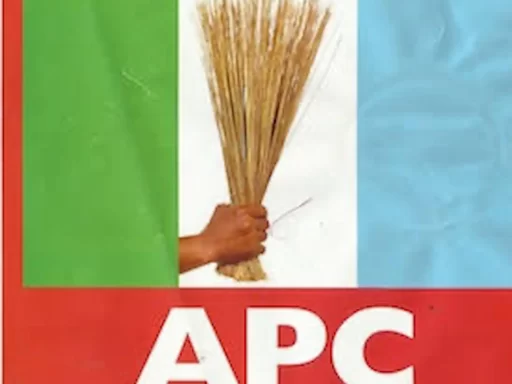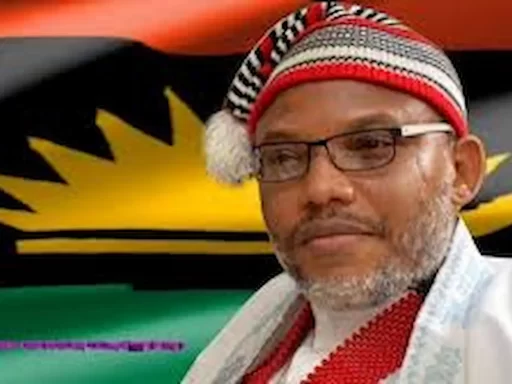Tinubu’s Rejection of Two Bills: Asserting Oversight or Playing Politics?
By Naija Enquirer Staff
President Bola Ahmed Tinubu’s decision to withhold assent to two recently passed bills has reopened debate about Nigeria’s governance culture and whether the move signals a new era of executive scrutiny or another round of political manoeuvring.
In a letter dated 30 July 2025, read by Senate President Godswill Akpabio during Tuesday’s plenary, the President declined to sign the Nigerian Institute of Transport Technology (Establishment) Bill, 2025, and the National Assembly Library Fund Bill, describing them as “fundamentally defective.”
Tinubu said some provisions conflicted with Nigeria’s financial regulations and could “encourage fiscal recklessness.” His strongest objection was to Section 18(4a) of the transport bill, which sought to allocate one percent of all import and export levies to the proposed institute — a measure he said lacked approval from the Federal Executive Council and risked duplicating existing revenue sources.
The President also faulted a clause empowering the institute to borrow up to ₦50 million without his consent, warning that it could “open the door for serial borrowing to bypass oversight.” Other provisions, he said, contradicted public finance principles by granting the institute powers to invest government funds in ways inconsistent with its core functions.
On the National Assembly Library Fund Bill, Tinubu said its funding structure could “create unsustainable precedents” and weaken fiscal discipline. Both bills have been returned to the National Assembly for review and possible amendment.
‘A Rare Show Of Executive Assertiveness’
For a government often accused of accommodating nearly every legislative proposal, Tinubu’s decision has been viewed by some analysts as a rare display of assertiveness.
Senate President Godswill Akpabio praised the move as “a meticulous review,” adding that relevant committees would re-examine the contentious clauses. He also announced that the President had signed two other bills — the Nigeria Police Force Training Institute Bill and the Nigeria Police Trust Fund Bill — as part of efforts to strengthen police training and institutional capacity.
While some lawmakers hailed the rejections as a sign of healthy checks and balances, others remain cautious. Nigeria’s legislature and executive have long been criticised for blurring institutional boundaries, often prioritising political alignment over policy scrutiny.
Legal analyst Henry Ebubeagu said Tinubu’s decision could either mark a new beginning or simply reflect political calculation.
“There’s nothing wrong if the presidency identifies pitfalls that could threaten financial discipline,” he said. “But given the country’s political atmosphere, one would not be surprised if there’s a deeper undertone.”
Ebubeagu argued that the proposed Transport Technology Institute would duplicate existing structures, such as the Transport University in Daura, describing it as “part of the old story of over-bloated agencies.”
Oversight or Optics?
Tinubu’s decision comes at a time when Nigerians are questioning how the government manages public institutions amid mounting debt and dwindling revenues. Critics say the country’s proliferation of agencies — many with overlapping mandates — drains resources and undermines accountability.
By rejecting the bills, the President has revived conversation about the delicate balance of power between the executive and legislature — and whether his administration is beginning to exercise the kind of scrutiny many Nigerians have long demanded.
Still, in Nigeria’s complex political environment, even principled decisions are rarely seen in isolation. As the Senate prepares to revisit the two bills, many will be watching to see whether this moment becomes a genuine assertion of fiscal responsibility — or just another episode in the country’s intricate dance of power and politics.







